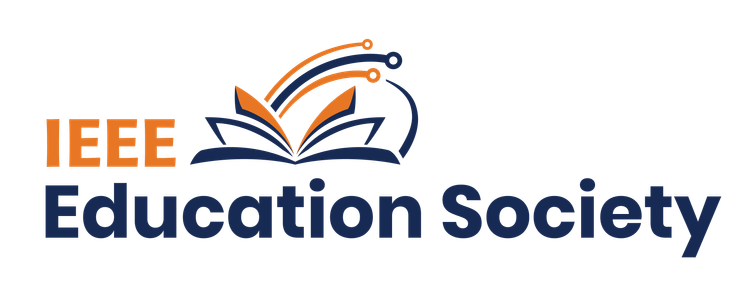Exploring the Complexities of Generative AI in Engineering Education
Thursday | May 9, 2024 | 11:15 - 12:15
The transformation brought by Generative AI into engineering education has driven educators to rethink and adjust methods of teaching and evaluation, as well as to acquire new skills and adapt to an evolving digital ecosystem. In the context of engineering, where practical problem-solving and innovation are paramount, what competencies will be crucial for educators to impart, and for students to develop? How can Generative AI enhance the creativity and critical thinking of both students and educators or to be included into engineering curriculum? How open education and science practices are changed by GAI? Several experiments which showcase the integration of the use of GAI into project development and assessment on different subjects from coding, electrical engineering, science communication will be presented from both educators and students’ perspectives. Additionally, the talk will critically examine the ethical considerations and security implications of embedding Generative AI tools within the engineering academic framework.


